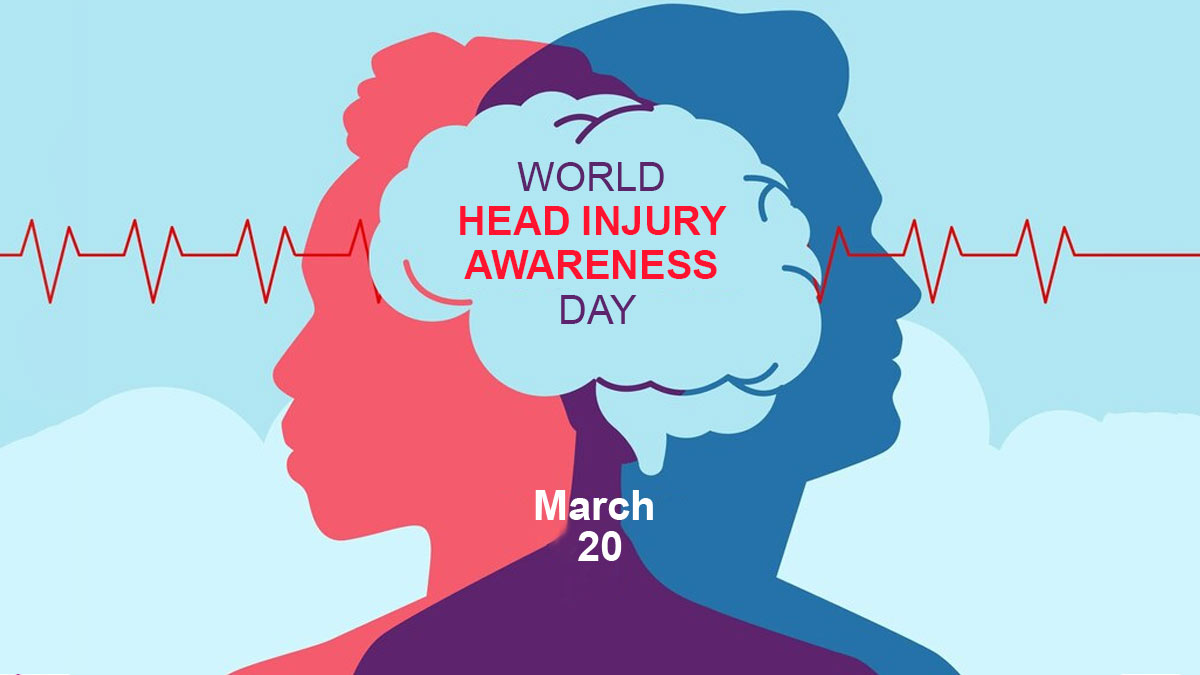
Today is World Head Injury Awareness Day, which is celebrated every year on March 20th. World Head Injury Awareness Day aims to shine a light on brain injuries, head traumas, their causes, prevention, treatment and precautions that all of us must exercise in our day-to-day lives. When it comes to major brain injuries, they are obviously hard to ignore, as their symptoms and consequences will be severe. However, when it comes to minor brain injuries and head traumas, we have an attitude of walking it off.
Table of Content:-
This is extremely dangerous as even mild trauma to the head can have a long-lasting impact on the brain's functioning and cognitive abilities. To discuss the same, the team of OnlyMyHealth spoke to Dr Gaurav Tyagi, Consultant-Neurosurgery, Indraprastha Apollo Hospitals, New Delhi.

Symptoms Of Mild Brain Injury
When it comes to health, the attitude in our society largely is that we try to avoid seeing a doctor till it's utmost necessary. So, when it comes to mild head injuries or head injuries where there is no profuse bleeding or fainting spells, we often end up ignoring subtle signs that signify that one should see a doctor immediately.
Advocating against it, Dr Tyagi said, “If you've had a mild head injury, that is, you are conscious and seemingly feel fine, there are still red flags that indicate that something wrong in your brain and you should go and visit a doctor.” He listed:
- Persistent headache which is out of the ordinary, and not going away even after medications
- Vomiting or nausea
- Blurring of vision
- Dizziness
- Bleeding from nose or mouth
Also Read: Sleep Is Necessary For Brain Injury Patients To Prevent Dementia: Study

What Happens In A Brain Injury?
Explaining what really happens in the brain when a person suffers a head trauma that causes a brain injury, Dr Tyagi said, “In the case of a head injury, the first thing to consider is whether the impact has fractured your skull. In either case, because of the violent shaking of the brain, small blood vessels may snap in the brain, causing bleeding.”
He shared that this type of bleeding is further classified into three types, for which we need emergency surgeries:
- Subdural
- Extradural
- Parenchymal
“Other than that, there are small changes that may occur throughout the brain which is called diffuse axonal injuries. These may not be picked up on CT scans but these patients may have some sort of headache and behavioural changes, or may even lapse into the ICU for a longer time,” said Dr Tyagi.
He added, “To detect these small injuries, whic are also called microbleeds, you will need an MRI test.”
Treating Brain Injuries
In most cases, head injuries that have such microbleeds are treated by surgery, concluded Dr Tyagi. “If the patient has a significant headache, has weakness in their arms or legs, violent vomiting episodes, or seizures, then we conduct a CT scan. If a hematoma is detected, then we need to conduct surgery as soon as possible. In these cases, time is paramount.” Thus, he highlighted why it is important to not take mild head traumas lightly, and seek immediate intervention.
Also watch this video
How we keep this article up to date:
We work with experts and keep a close eye on the latest in health and wellness. Whenever there is a new research or helpful information, we update our articles with accurate and useful advice.
Current Version